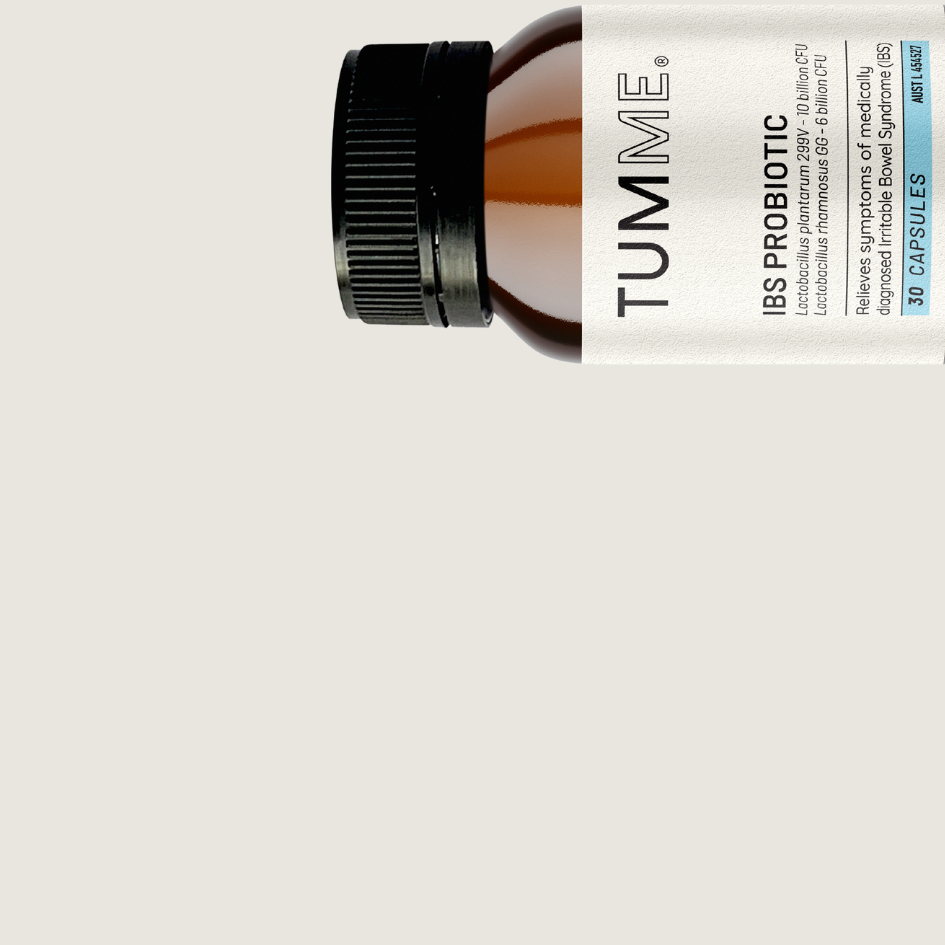Diagnosing Irritable Bowel Syndrome (IBS) involves ruling out other conditions that share similar symptoms. Here’s a clear breakdown of the conditions healthcare providers consider before confirming an IBS diagnosis.
Understanding the Diagnostic Process
IBS is a gastrointestinal disorder characterised by recurring abdominal pain or discomfort and changes in bowel habits. To differentiate IBS from other conditions, healthcare providers follow these steps:
- Medical History and Symptom Assessment: Your healthcare provider will discuss your medical history and evaluate your symptoms, focusing on abdominal pain, discomfort, and bowel habits.
- Physical Examination: This helps rule out other conditions that may cause abdominal symptoms.
- Diagnostic Criteria: Providers refer to guidelines like the ROME IV criteria, which specify the duration and nature of symptoms needed for an IBS diagnosis.
Conditions to Exclude
Several conditions mimic IBS symptoms and must be ruled out:
- Inflammatory Bowel Disease (IBD): Includes Crohn's disease and ulcerative colitis, causing abdominal pain, diarrhea, and bowel changes. Diagnosed through colonoscopy and imaging.
- Coeliac Disease: Autoimmune reaction to gluten, causing diarrhea, pain, and bloating. Diagnosed with blood tests and biopsy.
- Gastrointestinal Infections: Bacterial, viral, or parasitic infections causing acute symptoms like diarrhea and pain. Identified with stool tests.
- Colon Cancer and Polyps: Rare but possible, causing changes in bowel habits and pain. Detected via colonoscopy.
- Endometriosis: In women, can cause pelvic pain similar to abdominal pain in IBS. Diagnosed with pelvic exam, ultrasound, or laparoscopy.
- Thyroid Disorders: Hypo- or hyperthyroidism can lead to bowel changes resembling IBS symptoms. Diagnosed with blood tests.
- Bowel Obstruction: Structural issues causing pain and bowel changes. Identified with imaging like CT scan.
Diagnostic Tests
To exclude these conditions, your healthcare provider may recommend:
- Blood Tests: Check for inflammation, anemia, or autoimmune markers.
- Stool Tests: Look for infections or blood in the stool.
- Imaging Studies: Ultrasound, CT scan, or MRI to visualize the gastrointestinal tract.
- Endoscopic Procedures: Colonoscopy or sigmoidoscopy for direct visualization and biopsies if needed.







